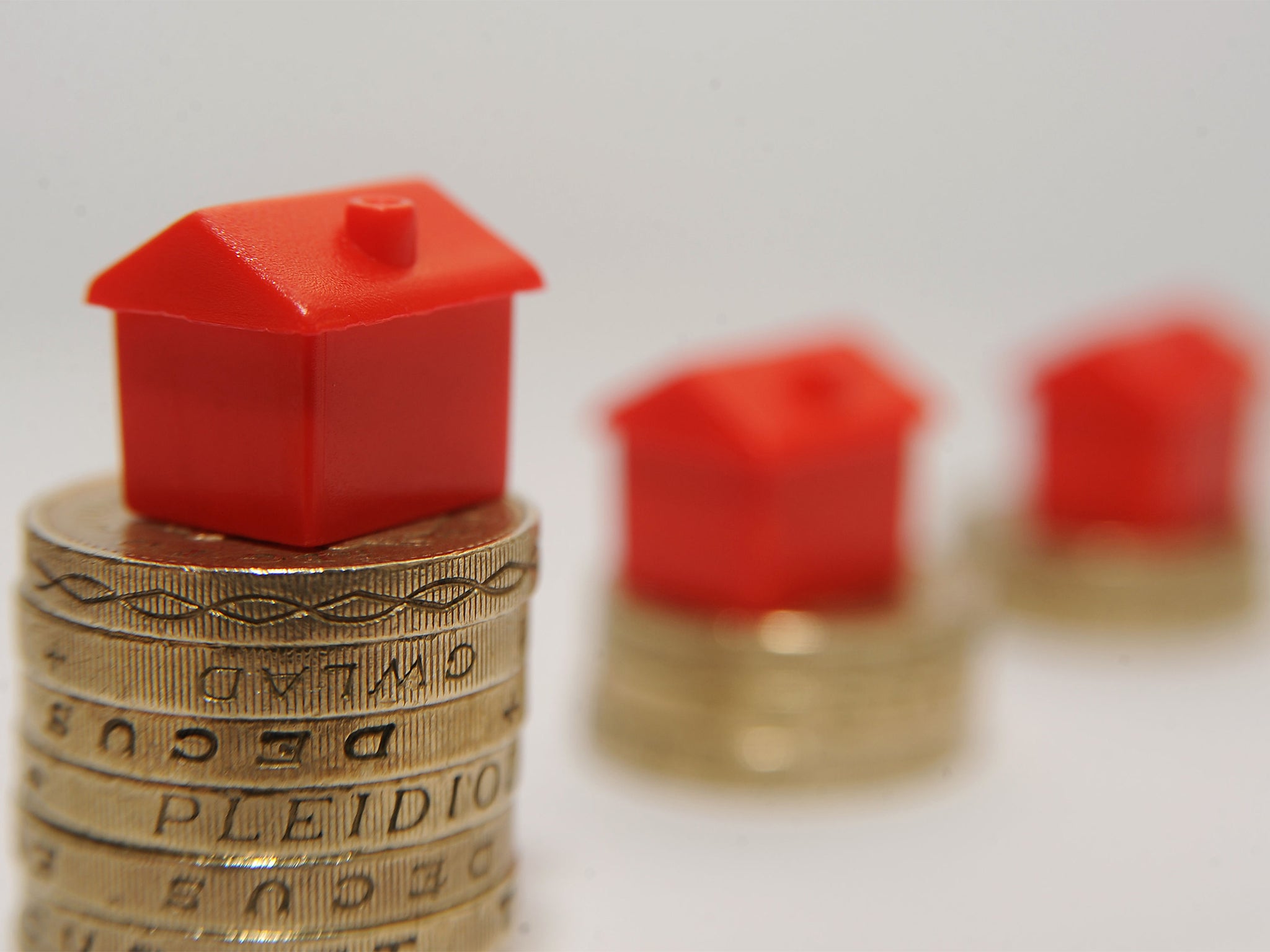Buying a property in Britain will leave you poor when you're old

Your support helps us to tell the story
From reproductive rights to climate change to Big Tech, The Independent is on the ground when the story is developing. Whether it's investigating the financials of Elon Musk's pro-Trump PAC or producing our latest documentary, 'The A Word', which shines a light on the American women fighting for reproductive rights, we know how important it is to parse out the facts from the messaging.
At such a critical moment in US history, we need reporters on the ground. Your donation allows us to keep sending journalists to speak to both sides of the story.
The Independent is trusted by Americans across the entire political spectrum. And unlike many other quality news outlets, we choose not to lock Americans out of our reporting and analysis with paywalls. We believe quality journalism should be available to everyone, paid for by those who can afford it.
Your support makes all the difference.Britons are scrimping and saving to get on the property ladder — after all, if you own your own house, then you won't be paying off someone else's mortgage.
However, the latest data from the National Institute for Economic and Social Research shows that if you own a house now, it's more than likely you'll end up poorer than counterparts who don't own their own home.
“From an individual’s perspective, buying a house is an investment; in aggregate, without an increase in supply, buying a house is an [economically unproductive] transfer of wealth,” said Angus Armstrong, NIESR’s director of macroeconomics to the Financial Times.
All-in-all, the NIESR told the FT that those who own a property are less likely to save more towards their pensions or in another savings account — a whole 15% less in pension income than those who don't own their own home with a mortgage.
So basically, you will have the asset of a property but you'll have less cash to tide you over when you retire. This could be really bad news for a property owner because you just don't know how much houses will be worth when that time comes.
At the moment, Britain has a severe housing shortage and there are too many people looking to get on the ladder. The imbalance between supply and demand is pushing up property prices by an inordinate amount.
The average price to buy a house in Britain now stands at £284,000, according to the Office for National Statistics. Meanwhile, the average London property price is at a huge £551,000.
To put this into perspective, Resolution Foundation estimated that median income, at £24,300, is only around 3% higher than it was when the credit crunch hit in 2007/2008.
Already, Britons are having to resort to getting loans or cash gifts from their family and friends to afford a place to buy.
On Tuesday, Insurer Legal & General and the Centre for Economics & Business Research estimated in a new report that parents will pump £5 billion into the property market this year on behalf of their children.
"The Bank of Mum and Dad" is "a major player" in the UK housing market — almost two-thirds of under-35 homeowners had help from parents in buying their property.
So, those thinking buying a property will mean they are set in their old age may be in for a huge shock.
Join our commenting forum
Join thought-provoking conversations, follow other Independent readers and see their replies
Comments